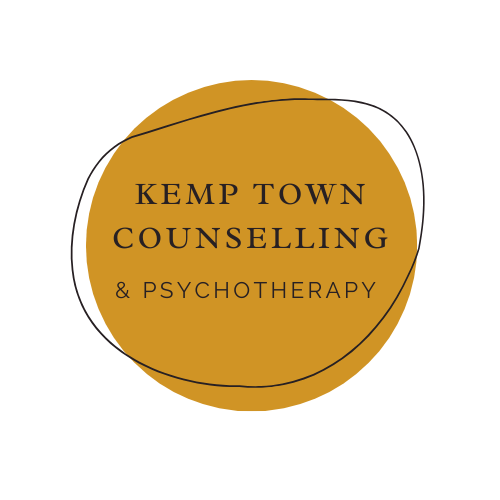
Couples Counselling
The work we do will look at the ‘dance’ of the relationship - the way in which we each initiate a dance or familiar way of interacting with each other, looking at the vulnerabilities that may arise and be unspoken/unheard. The purpose of our work is that individuals begin to turn towards each other rather than away. Where a secure base and safe haven is established and maintained in the relationship, therefore promoting individuality and autonomy. Moving from a rigid or ‘knowing’ lens to a perspective that cultivates curiosity about each other, engaging with those parts that seem fixed to us and learning new layers of each other. Through this process, a state of moving from ‘reactivity to response-ability’. That is, shifting from our old, archaic, familiar ways of handling ruptures in the relationship to becoming more able to respond to our partner’s needs. We are able to respond.
One of my favourite phrases about relationships is to move from ‘playing it safe to being safe to play’. Where we allow spontaneity, fun and creativity to become an invited aspect of ourselves. So we can become sure and secure in knowing that our partner/loved one is there for us and we are equally there for them.
Relationship therapy and couples counselling are slightly different in that relationship therapy can involve a Mother and child or siblings, whereas couples counselling is a term I use for those engaged in intimate, sexual relationships. Both types involve a willingness to hear & understand each other in order to work towards a more cohesive and collaborative relationship. As with personal therapy, I work towards the promotion of self-awareness of how we are in relation to each other, how the other impacts us and how that affects the ‘in-between’. That unspoken or implicit space where we may make assumptions or judgements about the other.
How do I work?
Primarily, I draw upon humanistic thought and theory which works on the guiding principle that when people are provided with a facilitating, holding relationship they will always move to a place of greater growth. I will work to understand how your past may present itself in your relationship, the underlying emotional processes and act as facilitator. I am an actively engaged therapist and will work with you as a unit, with each of you in turn and with whatever may enact itself in the therapy space.
I have been a part of Esther Perel’s Sessions community, whereby Esther offers mentorship and continuing professional development to therapists and coaches working within this field. If you haven’t heard of Esther, I would highly recommend her Ted Talk below and book, ‘Mating in Captivity’. I’m currently completing additional studies in Emotionally Focussed Therapy.
Sessions tend to be weekly for between 8 - 12 sessions, whereby then they may become fortnightly.
Couples resources
Below are two videos from Esther Perel whereby she explores intimacy, desire and infidelity. She is also the host of the Podcast, “Where Shall we begin”. Esther was my original inspiration for working with couples.
In long-term relationships, we often expect our beloved to be both best friend and erotic partner. But as Esther Perel argues, good and committed sex draws on two conflicting needs: our need for security and our need for surprise. So how do you sustain desire? With wit and eloquence, Perel lets us in on the mystery of erotic intelligence.
Infidelity is the ultimate betrayal. But does it have to be? Relationship therapist Esther Perel examines why people cheat, and unpacks why affairs are so traumatic: because they threaten our emotional security. In infidelity, she sees something unexpected — an expression of longing and loss. A must-watch for anyone who has ever cheated or been cheated on, or who simply wants a new framework for understanding relationships.
With couples or relationships experiencing crisis or lack of harmony, communication is often the first thing to be muted or shut down. For some of my clients I recommend some of the Non-Violent Communication (NVC) principles. Whilst the name is a hangover from the 70’s… it isn’t to imply violence in your relationship. Simply a way of reframing how we identify and express our feelings, whilst also making a precise request to ensure our needs are met - or that we’re open to negotiate meeting half way. For reference, here is the handout with the main stages of NVC.
Want to take the next step?
Complete my enquiry form and I’ll be in contact to arrange a free, introductory call. In the call you’ll be able to ask any questions you may have and get a feel for the kind of person I am.


